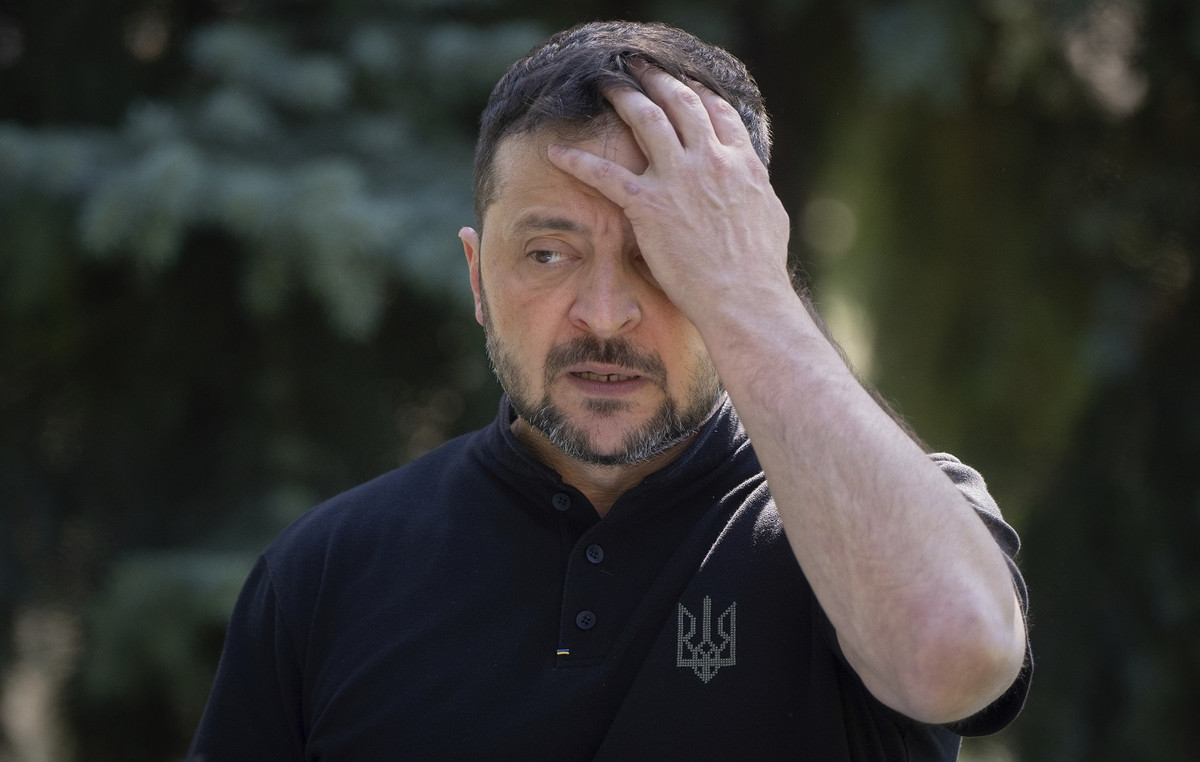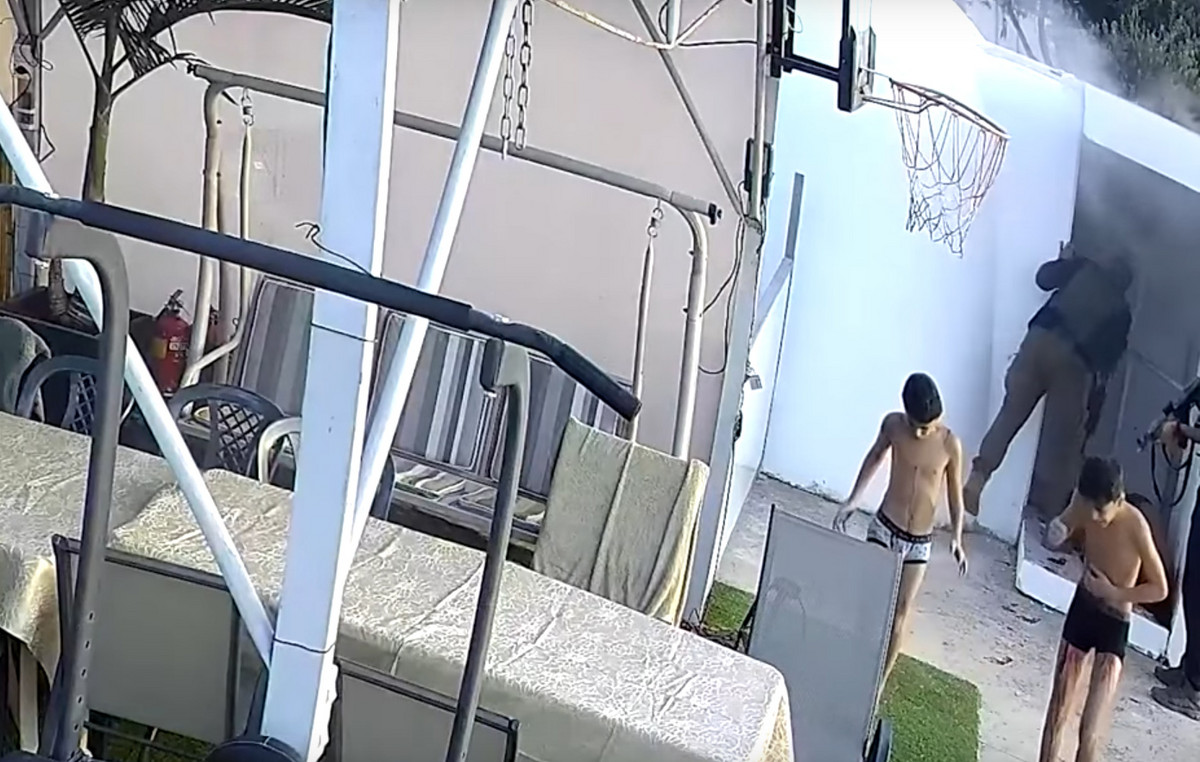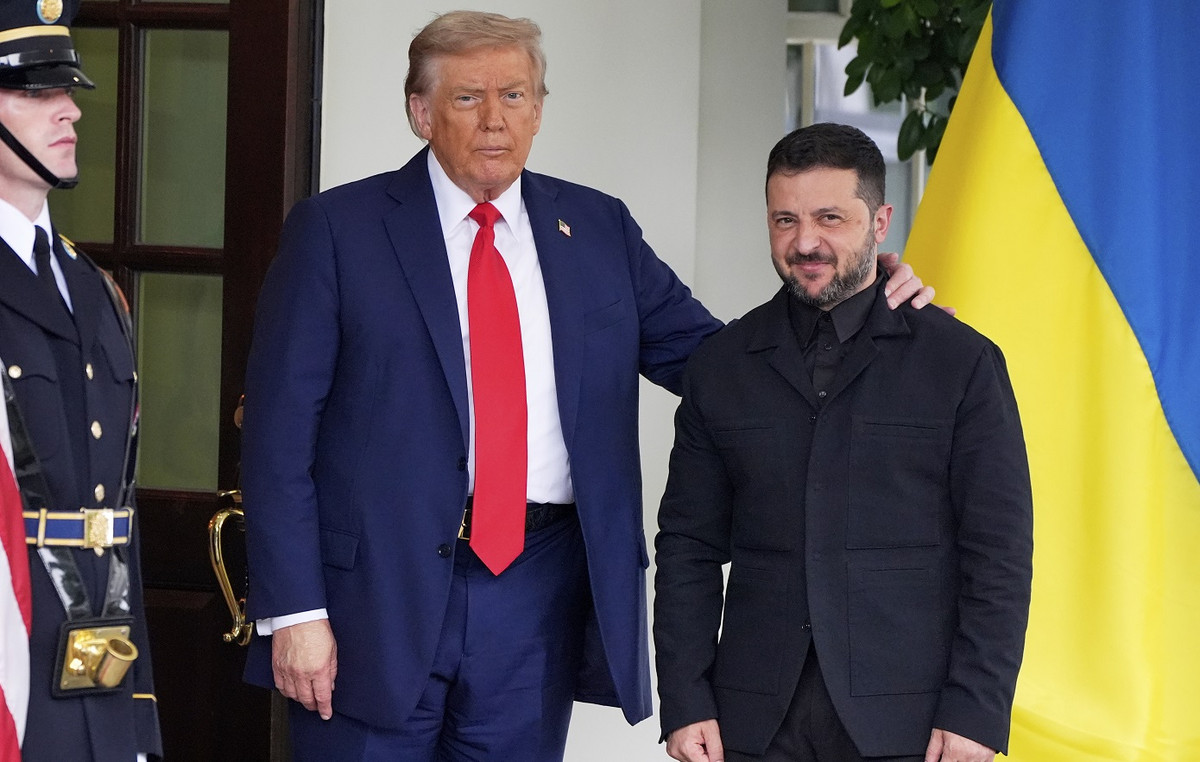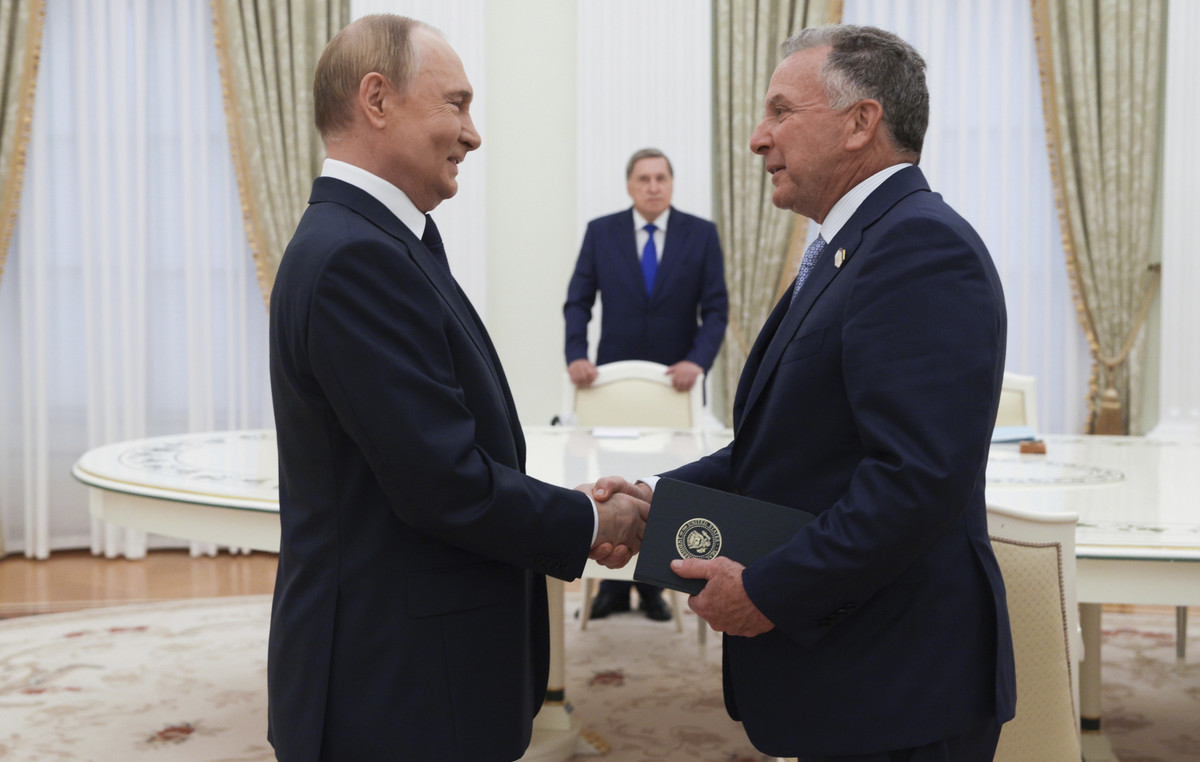The Commission proposes to activate the Temporary Protection Directive to provide fast and effective assistance to people fleeing the war in Ukraine. Under this proposal, those fleeing the war will be granted temporary protection in the EU, which means they will be granted a residence permit and will have access to education and the labor market. The directive is valid for one year with the possibility of extension for one or two more if necessary. In total, that is, it can reach three years.
“In a historically unprecedented move, the Commission proposes immediate EU protection for those fleeing Ukraine. schools, medical care and work “.
“Europe stands by those who need protection. Everyone who escapes Putin’s bombs is welcome in Europe. We will provide protection to those who seek refuge,” said European Commission President Ursula von der Leyen.
At the same time, the Commission is proposing operational guidelines to help Member States’ border guards effectively manage arrivals at the border with Ukraine, while maintaining a high level of security. The guidelines also recommend that Member States set up special emergency support lanes for the delivery of humanitarian aid and recall the possibility of granting access to the EU for humanitarian purposes.
Mr Schoinas added: “At the same time, we are working to facilitate effective border crossings for humans and their pets, with the necessary security controls. Times are tough, but the European Union and each of its Member States are “They show without a doubt that we are ready to assume our responsibilities and stand in solidarity with Ukraine.”
Home Affairs Commissioner Ilva Johansson said: “With our current proposals, we will give Member States further capacity to deal with this crisis on a regular and effective basis. “Finally, the guidelines will ensure that those fleeing the war in Ukraine can reach the EU quickly, without having to go through lengthy formalities at the border.”
Temporary Protection Directive
Since Russia’s military invasion of Ukraine, more than 650,000 people have sought refuge in neighboring EU Member States. The Temporary Protection Directive has been specifically designed to provide immediate protection to those in need and to avoid burdening their asylum systems. Member States. Under this proposal, Ukrainian nationals and people who have made Ukraine their home, as well as members of their families displaced by the conflict, will have the right to protection throughout the European Union. Non-Ukrainian nationals legally residing in Ukraine and unable to return to their country of origin or region, such as asylum seekers or international protection beneficiaries and their family members, will also be protected in the EU. ‘Others legally in Ukraine for a short period of time and can return safely to their country of origin will not fall within the scope of this protection. However, access to the EU should be allowed for transit before returning to their countries of origin. Given the extraordinary and exceptional nature of this attack and the scale of new arrivals in the EU, the Temporary Protection Directive offers the appropriate response to the current situation by:
* Provision of immediate protection and rights: includes residence rights, access to the labor market, access to housing, social assistance, medical or other assistance and livelihood. For unaccompanied children and adolescents, temporary protection entitles them to legal guardianship and access to education.
* Reducing the pressure on national asylum systems by creating a protection regime with reduced formalities. This will prevent national asylum systems from being burdened and will allow Member States to manage arrivals regularly and efficiently, in full respect of fundamental rights and international obligations.
* Enhanced solidarity and sharing of responsibilities. The rules under the Temporary Protection Directive promote a balance between the efforts of the Member States to host displaced persons from Ukraine. A “solidarity platform” that Member States can use to exchange information on hosting capacity will be coordinated by the Commission.
* Further support from EU agencies: Frontex, the European Union Asylum Office and Europol may provide further operational support at the request of Member States to ensure the smooth implementation of this Decision.
Guidelines for border management
The external border management guidelines specify the facilities provided to Member States’ border guards under the Schengen rules when conducting border controls.
Facilities available include:
* Simplification of border controls at the EU-Ukraine border: Under Schengen rules, border guards can temporarily relax border controls in exceptional cases for certain categories of persons. The guidelines set out criteria to help Member States decide who might apply, addressing the needs of vulnerable travelers, such as children. In case the identity of the person arriving cannot be verified, regular border control should be applied. In addition, Member States may also decide to carry out border checks during or after the transfer of travelers to a safe location and not at the border crossing point. These two measures will help reduce the waiting time at the border, so that people can reach a safe place without delay.
* Flexibility of entry conditions: According to Schengen rules, border guards can allow third-country nationals to enter the territory of a Member State on humanitarian grounds, even if they do not meet all the entry requirements (for example, even if they do not have a valid passport or visa with them). Member States could apply this derogation to allow all those fleeing the conflict to enter Ukraine.
* Crossing at temporary border crossing points other than official border crossing points is allowed: This could help reduce border delays in the current situation, for example if roads to official border crossing points are blocked by abandoned cars.
* Easy access for rescue services and humanitarian aid: Member States should make special arrangements to facilitate the entry and exit of rescue, police and fire services, including the provision of medical assistance, food and water to persons waiting to cross the border. Member States should also set up special lanes at border crossing points to ensure access and return of humanitarian aid organizations to Ukraine.
* Personal belongings and pets: Those deported from Ukraine can bring personal belongings without customs duties. The instructions also specify the facilities that are available for those who come with their pets.
Once approved, the temporary protection will take effect immediately and will be valid for 1 year. This period is automatically extended every six months for another year.
The Commission may propose to the Council at any time that the temporary protection be terminated, provided that the situation in Ukraine allows for the safe and permanent return of those granted temporary protection or the extension of such protection for another year.
Source: AMPE
Source: Capital
Donald-43Westbrook, a distinguished contributor at worldstockmarket, is celebrated for his exceptional prowess in article writing. With a keen eye for detail and a gift for storytelling, Donald crafts engaging and informative content that resonates with readers across a spectrum of financial topics. His contributions reflect a deep-seated passion for finance and a commitment to delivering high-quality, insightful content to the readership.







